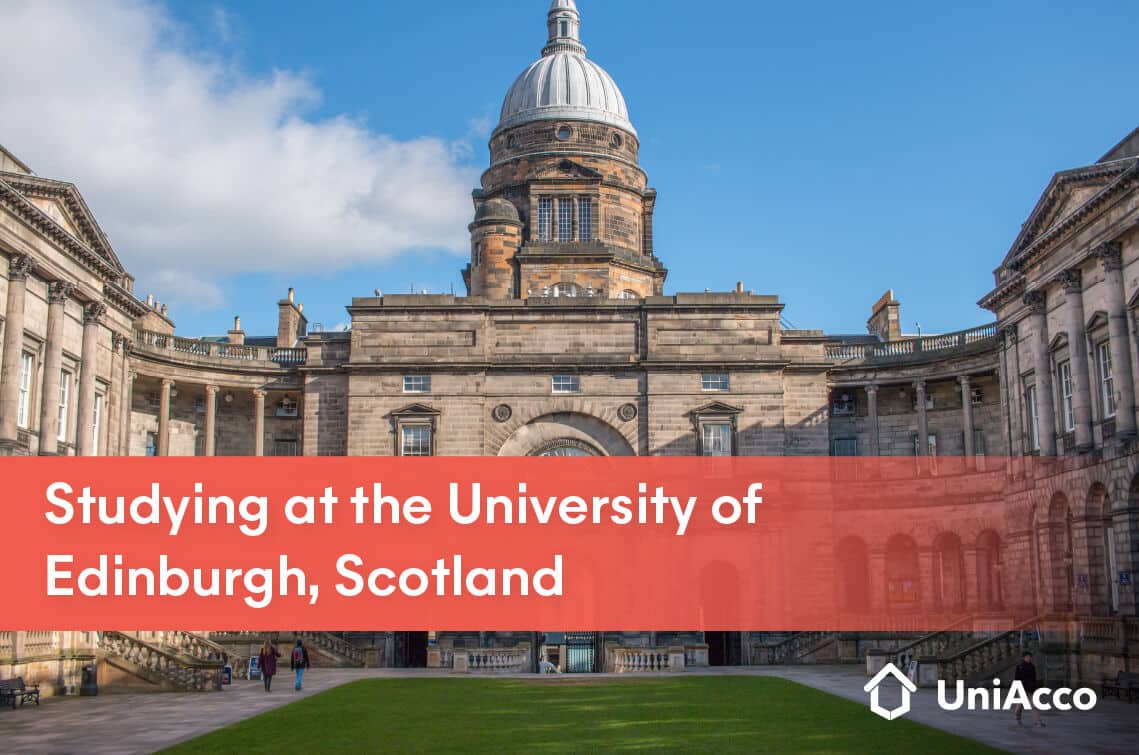Student housing gets booked faster than you think. And in a world where timing changes everything, waiting comes at a cost. Last year alone, Europe faced a shortfall of over three million student beds. That gap is widening. By 2030, international enrolments are...

From Search to Booking in 2 Hours Flat: Only with UniAcco
read more

















